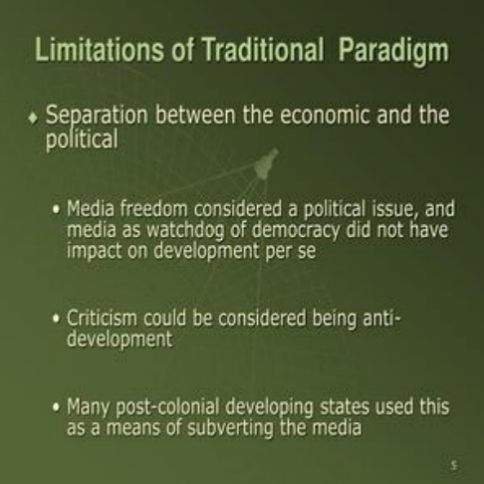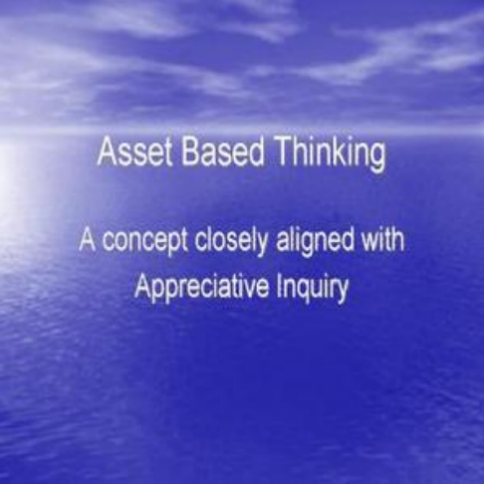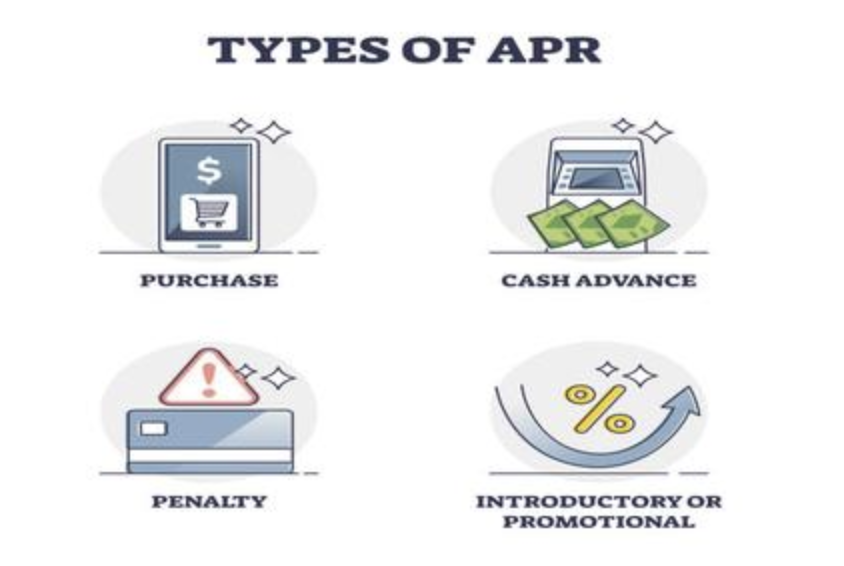In a constantly changing financial environment, it's essential for those with considerable purchasing power to move away from a traditional "job-focused" way of thinking and instead concentrate on asset creation. This change doesn’t mean you should give up on jobs completely; rather, it involves rethinking your approach to your financial future.

The Limitations of the Traditional Work Paradigm
From a young age, many of us are taught to follow a cycle of “work - earn - spend.” While having a steady job means a reliable income, it links how much you can earn directly to the hours you work. Even those with high salaries may feel trapped in exchanging their time for money. Their ability to build wealth is limited by how many hours they can put in and how well their employer is doing.Additionally, the usual job model offers little safety during economic troubles. A major company restructuring or a shift in the industry can erase years of financial security. This risk is even greater for individuals who are used to an affluent lifestyle, as it becomes difficult to sustain their way of living without a regular paycheck.

Unveiling the Power of Asset - Based Thinking
Thinking in terms of assets emphasizes generating income streams that do not depend exclusively on your personal efforts. Rather than exchanging your time for money, the goal is to establish assets that produce income passively. This could include investments in real estate that yield rental payments or intellectual property such as patents, copyrights, or digital goods that provide ongoing royalties.

One unique strategy that is often overlooked is transforming skills into assets. Professionals who earn a high income can convert their knowledge into online courses, consulting services, or software applications. By monetizing their expertise in scalable formats, they can move from hourly work to creating an asset that generates income.Another frequently ignored opportunity lies in forming strategic partnerships and syndications. Rather than attempting to achieve everything alone, joining forces with other investors or business owners can create possibilities that may be otherwise unavailable. This cooperative method allows you to combine various skills and financial resources, thus speeding up the expansion of your asset collection.
Navigating the Transition
Transforming from a salaried employee into someone who builds assets means mixing financial knowledge with a desire to take risks. Begin by evaluating your current abilities and resources. Look for opportunities where you can add value outside your regular job. This might involve using your marketing skills to set up an online store or connecting with your contacts to invest in new startups.
It's also vital to expand your knowledge about various types of assets. Wealthy individuals often gain access to unique investment options, so it’s important to understand the details of venture capital, private equity, and hedge funds. Think about partnering with financial experts who focus more on creating wealth than just managing it.Lastly, adopt a long-term viewpoint. Growing your assets isn’t a fast track to wealth; it takes time, ongoing education, and resilience during market ups and downs. However, for those who are ready to embrace this change, the benefits—financial independence and the freedom to follow passions without a traditional job—make the journey worthwhile.

Max Credit Card Benefits: A Guide for Big Spenders

Investment Basics: Simpler Than You Think

Life-Changing Financial Habits: Master Your Finances

Tech-Enhanced Travel: Must-Have Smart Gear

High Earnings, Low Savings: The Hidden Culprits

Installment Plans: Trap or Financial Tool for Youth?

Comprehending How Interest Rates Affect Personal Loans
